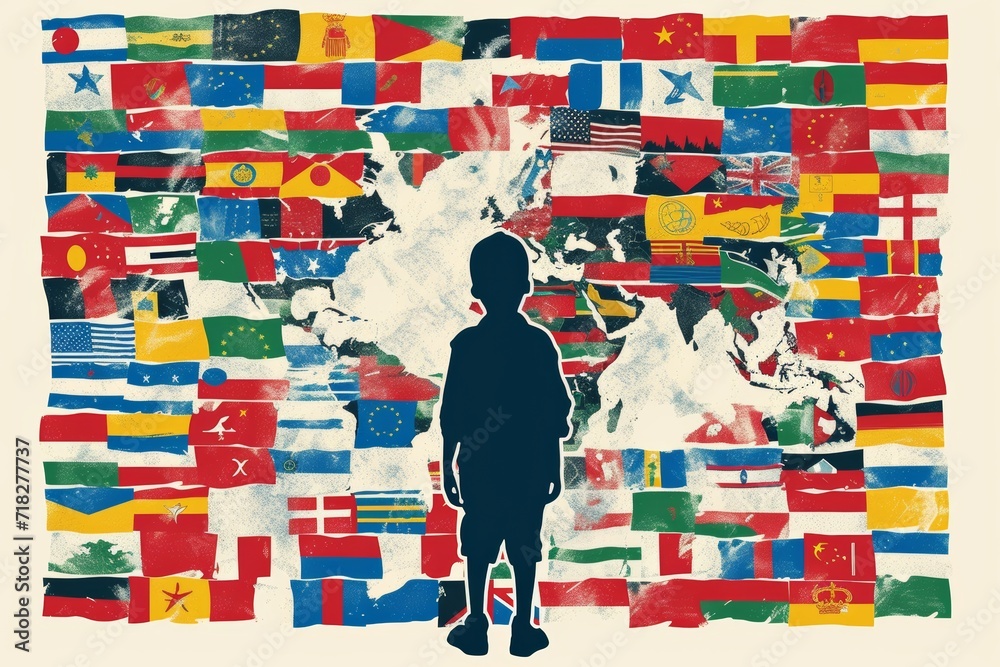On Monday 14 October 2024, the UN High Commissioner for Refugees, Filippo Grandi, officially launched the Global Coalition to End Statelessness – building on the decade-long #IBelong campaign (launched in 2014) – at the annual meeting of UNHCR’s Executive Committee in Geneva.
“Statelessness touches the everyday gestures of our lives. It has a very real impact on people’s lives,” Grandi said.
He also noted that much more remains to be done. There are many painful cases of statelessness, but perhaps none more painful than the hundreds of thousands of Rohingya,” he said, describing the minority’s situation as “a constant reminder that we need to do more to address this issue in a collaborative way.”
During the meeting, the Turkmen delegate announced that his country had officially resolved all known cases of statelessness on its territory, becoming the latest country to do so. In recent years, Turkmenistan has granted citizenship to more than 32,000 people – including refugees and stateless people.
The Brazilian delegate also announced that his country had been exemplary in recognizing statelessness and facilitating naturalization.
The meeting also hosted Noor Aziza, a Rohingya activist who had been a refugee in Malaysia and then settled in Australia through the UNHCR resettlement program. She spoke about the suffering of the Rohingya as a result of the state’s failure to recognize them and their displacement from Burma.
Nosizi Dube, a statelessness activist, also told her story of achieving legal identity and citizenship; as a member of In Kenya’s stateless Shona community, Dube’s life was hampered by her lack of legal identity.
In 2021, the Kenyan government granted citizenship to 1,659 Shona, ending more than half a century of statelessness.
UNHCR Goodwill Ambassador Barbara also spoke, stating that statelessness violates Articles 1 and 14 of the Universal Declaration of Human Rights.
During the meeting, the IOM President spoke about her trip to Mauritania, a transit hub for migrants, and the suffering of migrants in harsh conditions.
Excerpts from the meeting:
– Solving the problem of statelessness requires: political reforms.
Legal legislation and international cooperation.
– 9 countries in Europe have improved the system for stateless children.
– European Convention on Nationality: 21 countries have acceded to the Convention.
– 122.6 million displaced as of June 2024.
– 81 members from 21 countries have joined the Alliance.
– The Alliance has developed a protocol that includes 15 treaties that need to be ratified.
– The main task: to turn commitments into actions.
Articles on previous events


One response to “Being part of Global Alliance to End Statelessness”
by2xo8